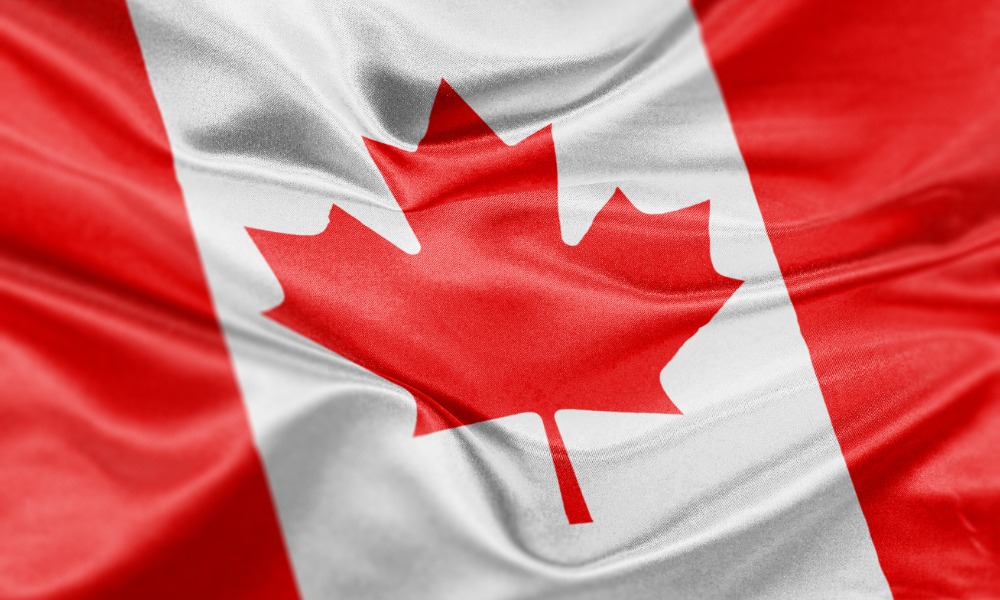
Many promises have been made – but will they be followed through on?

Justin Trudeau has emerged victorious in the polls, remaining PM for a third consecutive term. However, despite the win, Trudeau failed to secure the majority vote he wanted – having lost three seats in the election.
"You are sending us back to work with a clear mandate to get Canada through this pandemic and to the brighter days ahead," the PM commented in his victory speech. "What we've seen tonight is that millions of Canadians have chosen a progressive plan.”
The Liberal leader courted employees with promises of enhanced support measures and tax credits. During his Labour Day campaign, Trudeau pledged to extend the Canada Recovery Hiring Programme to March 31 2022, helping entice more employees back into the workplace. The Liberal leader also vowed to expand the Canada Workers Benefit to support one million more employees in low-wage jobs and to increase benefits for the most vulnerable citizens.
The Liberals promised salary bumps for support workers as well as 10 days paid sick leave for all federal employees. These pledges were coupled with a $9 billion investment in training and wage implementations.
In addition, Trudeau also promised that his government would introduce a new Labour Mobility Tax Credit that would give workers in the building and construction trades the power to "deduct up to $4,000 in eligible expenses when they need to travel or temporarily relocate for a job."
The Liberal government further pledged to double the annual budget for Union Training and Innovation programme to $50 million. To address the labour shortage, which was blamed on government incentives throughout the pandemic, the PM said he’d open up more avenues for talented workers’ entry into Canada. They’ll also provide targeted incentives for low-income workers and seniors, as well as hike up the support for reskilling programmes and for Canadians entering trade sectors.
In addition, the Liberal government is promising a "more resilient economy" that’ll provide more opportunities for citizens and a better Employment Insurance system for gig workers and the self-employed. They’re also planning to look into underrepresented groups to create a more vibrant and diverse workforce.
One of the biggest challenges right now in Canada is reinvigorating the economy amid the threat of further COVID-19 outbreaks. In August, Trudeau's government mandated all federal workers be vaccinated to cushion the impact of the more contagious variants of the virus. He also pledged to restore the one million jobs that were lost last year through further employment benefits.
Across the country, various provinces have begun mandating businesses to require proof of vaccination for their customers and their employees. However, this left private organizations treading on some dangerous legal waters , worried about the consequences of firing unvaccinated employees.During their campaign, the Liberal government sought to allay these concerns, claiming they’d file a legislation to ensure that businesses requiring proof of vaccinations can do so without facing legal issues. In previous debates, Trudeau said his government will not force people to be vaccinated, but will "limit the privileges" of individuals who do not want to get the jab.
Stay tuned in to HRD Canada for reactions, reviews, and updates from the HR industry as the new government unfurls their plans.